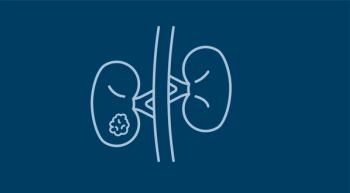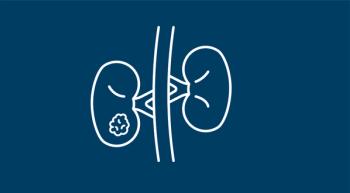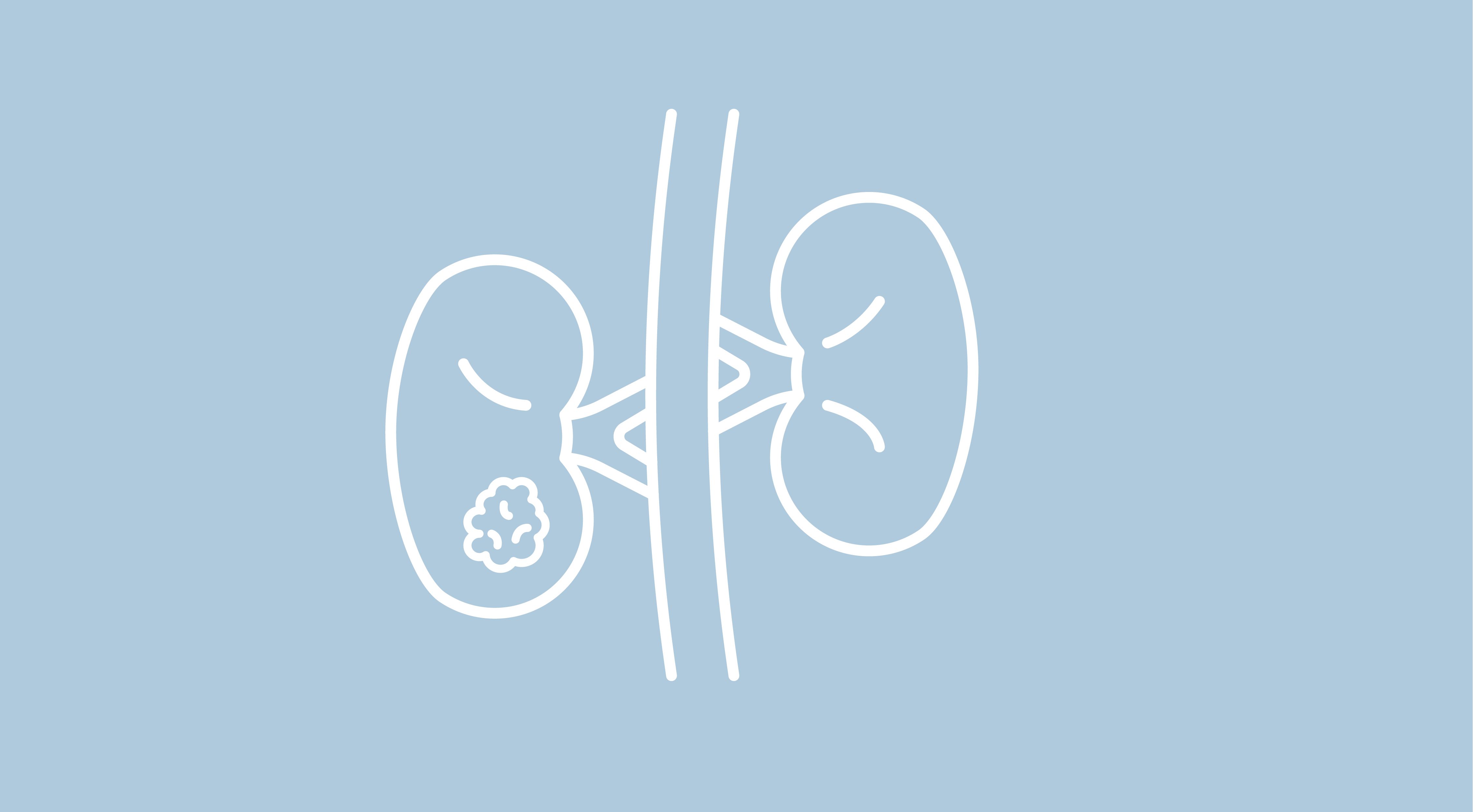
Genitourinary Cancer
Latest News


Nivolumab-Based Chemoimmunotherapy Sparks PFS, OS Improvements in Urothelial Carcinoma
Latest Videos

More News

Adjuvant pembrolizumab improved disease-free survival outcomes vs placebo across subgroups of patients with clear cell renal cell carcinoma in the KEYNOTE-564 study.

The onset of skeletal events and events that affect health-related quality of life were delayed with the addition of lutetium Lu 177 vipivotide tetraxetan to standard of care for patients with metastatic castration-resistant prostate cancer.

Among 32 patients, 66% experienced a prostate-specific antigen response rate of at least 50%.

The rate of pathologic complete responses with enfortumab vedotin was 36.4% among patients with muscle-invasive bladder.

A prostate stem cell antigen-directed CAR T-cell therapy agent showed preliminary efficacy in patients with metastatic castration-resistant prostate cancer.

Patients with advanced urothelial carcinoma who received avelumab reported any-grade treatment-related adverse events at a rate of 78.2%.

Talazoparib reduced the risk of progression or death by 55% in patients with metastatic castration-resistant prostate cancer and homologous recombination repair gene alterations.

Brenda Martone MSN, ANP-BC, AOCNP, discusses the safety data from the phase 3 ARASENS trial.

The PARP inhibitor talazoparib has been approved in combination with enzalutamide for the treatment of adult patients with homologous recombination repair gene–mutated metastatic castration-resistant prostate cancer.

The rates of treatment discontinuation were higher with enzalutamide and apalutamide than with darolutamide for patients with non-metastatic castration resistant prostate cancer.

The median progression-free survival with atezolizumab to cabozantinib was 10.6 vs 10.8 months with cabozantinib alone.

Enfortumab vedotin plus pembrolizumab elicited durable responses in patients with locally advanced or metastatic urothelial carcinoma who were ineligible for cisplatin.

A 5-year analysis of the phase 3 KEYNOTE-426 trial showed continued benefit with pembrolizumab plus axitinib for patients with advanced treatment-naïve clear cell renal cell carcinoma.

Patients with pretreated FGFR2/3-altered metastatic urothelial cancer derived a significant survival benefit with erdafitinib.

In the phase 2 DESTINY-PanTumor02 trial, trastuzumab deruxtecan elicited clinical activity across a range of HER2 expressing solid tumors.

The FDA has approved olaparib for patients with BRCA-positive metastatic castration-resistant prostate cancer (mCRPC), as determined by an FDA-approved companion diagnostic test.

The PET diagnostic imaging agent, flotufolastat F 18 injection has been approved by the FDA for the identification of prostate-specific membrane antigen–positive lesions in men with prostate cancer

Cabozantinib, in combination with nivolumab and ipilimumab, improved progression-free survival in patients with advanced renal cell carcinoma, but the rate of grade 3/4 adverse events was 79%.

Brenda Martone MSN, ANP-BC, AOCNP, discusses what nurses need to know about safely treating patients with darolutamide.

Enzalutamide plus leuprolide lowered the risk of metastases or death by 58% compared with placebo plus leuprolide.

Apalutamide plus androgen deprivation therapy (ADT) yielded a progression-free survival of 24.5 months vs 21.0 months with ADT alone.

A database analysis showed that zoledronic acid led to a 64% reduction in fracture risk among patients with metastatic hormone-sensitive prostate cancer.

Nivolumab bested placebo in improving disease-free survival rates in patients with muscle-invasive urothelial carcinoma and muscle-invasive bladder cancer.

Radioligand therapy with 177Lu-PSMA-I&T elicited favorable PSA responses and a safety profile similar to PSMA-617.

Findings from a real-world, retrospective analysis support the use of apalutamide for the prostate-specific antigen reduction among patients with metastatic castration-sensitive prostate cancer.







































































































